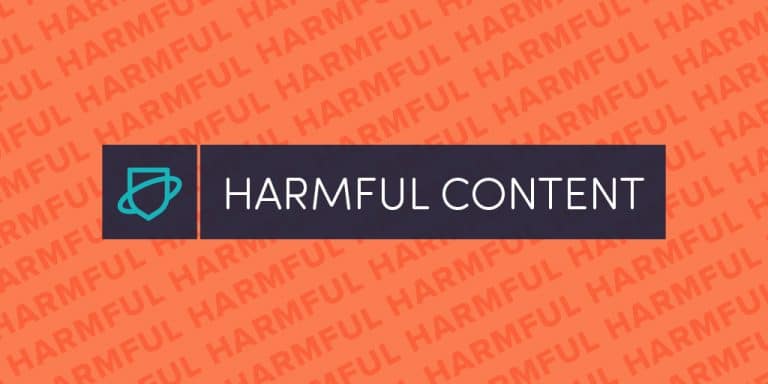Reporting for Teachers
School leaders and teachers can make a report to Netsafe for help on behalf of a student from their school who is experiencing online bullying, abuse or harassment. How can you get help? You can fill out an online contact form or call Netsafe seven days a week on 0508 NETSAFE. We’ll ask some questions…
School leaders and teachers can make a report to Netsafe for help on behalf of a student from their school who is experiencing online bullying, abuse or harassment.
How can you get help?
You can fill out an online contact form or call Netsafe seven days a week on 0508 NETSAFE.
We’ll ask some questions so we can understand what’s going on, and then we’ll work with you to create a plan to help.
If you are concerned about the immediate safety of you or someone else, call 111.
Contacting Netsafe on behalf of a student
If a student at your school is impacted/affected by online bullying or harassment you can come to Netsafe for help and advice. You don’t need consent from the student to contact us, but it is preferable that consent is given. It’s useful to have the details of the incident ready when you contact Netsafe – for example, the details of the situation, the age of the student, if the child is receiving support and if you think they feel supported.
Please make sure that you follow the current processes set out by your school for responding to and recording online incidents, including bullying when reporting for teachers
FAQs
Do I need consent from the student to contact Netsafe?
It is preferable that you have consent from the student before contacting Netsafe, but you can still contact us without their consent.
What are the potential consequences for students who produce harmful content online?
Young people need to know that there is now a range of potential consequences for producing harmful digital content. You should talk with your students and community regularly about the importance of appropriate behaviour online. Potential consequences may include:
- Netsafe may contact them directly to request they remove content;
- There is a criminal regime for people who post very harmful content online. The criminal regime can be applied to young people aged 14-16 and adults (students aged 17-18).
Learn more about the criminal penalties under the HDC Act.
Can I contact Netsafe before talking to the student’s parents or caregiver?
You can contact Netsafe without informing families if you need advice that will help you respond to an incident. Whānau and caregivers are important partners in responding to and managing incidents related to bullying. Schools will have their own processes for involving families/whānau when incidents occur and they should be guided by these.
Does it have to be a serious online incident to contact Netsafe?
You can contact Netsafe for advice to support you to manage any kind of online incident. As well as helping to remove harmful content, Netsafe can provide broad advice so you can engage with the right people, communicate to families and manage the complexity of a situation.
Should the school contact Netsafe on behalf of a staff member who is affected by harmful content online?
If a staff member is affected by content online, encourage them to contact Netsafe directly. Schools should follow their own processes and Ministry of Education guidelines to help you maintain staff wellbeing and safety.
Who should I contact for help if reporting for teachers?
Call Netsafe toll free on 0508 NETSAFE or complete an online contact form.
Our call centre is open 8am – 8pm Monday to Friday, and 9am – 5pm on weekends.
If you are concerned about the immediate safety of you or someone else, call 111.




